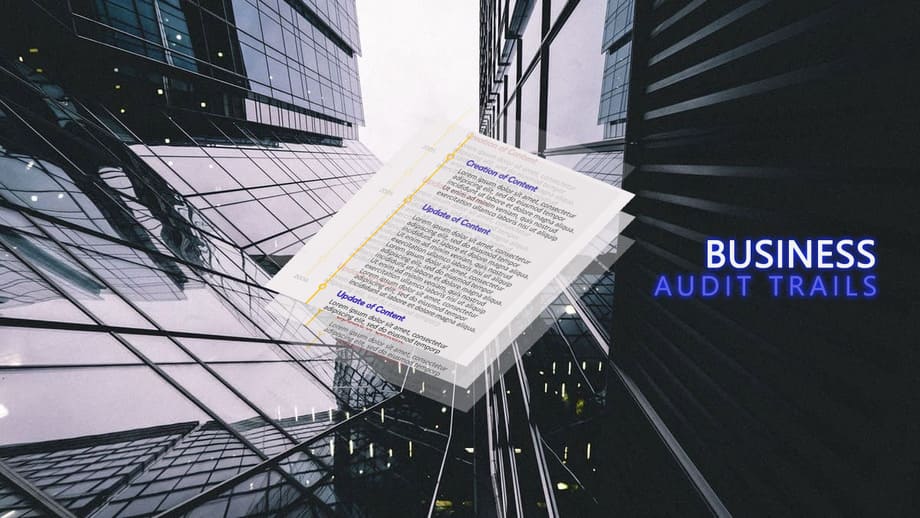Regulatory Compliance Journal
20 articles matching money laundering tag
How will CSDDD impact companies in the EU?
The EU’s Corporate Sustainability Due Diligence Directive (CSDDD) draws a clear legal line between profit and harm. By embedding environmental and human rights due diligence into the core of corporate strategy, the directive redefines what it means to do business responsibly. But what will th...
- 9 min read
How to approach de-risking for AML compliance?
Cutting ties to minimize risk might sound smart, but what happens when de-risking goes too far? In 2015, Dr. Iraj Hashi, a U.K.-based economics professor, had his bank accounts abruptly closed after 40 years of banking without any explanation. The most likely reason? His Iranian origin. De-ri...
- 8 min read
How can AML professionals detect smurfing?
Small, frequent transactions may seem harmless, but in the world of AML (Anti-Money Laundering), they are a major tool for money laundering. It is therefore essential that financial institutions deploy monitoring systems capable of detecting these suspicious schemes before the funds are integra...
- 3 min read
How do terrorists finance their activities?
From charities to cryptocurrencies, terrorist networks are competing to find innovative ways to finance their activities, like the case of Tarek ben Habib ben Al-Toumi Al-Maaroufi, a Belgian national, who was sentenced to six years of prison for association with a terrorist group and terrorist ...
- 7 min read
How will PSD3 shape the future of financial services?
PSD3 is not just an update, but the evolution of trust in digital finance. Continuing the progress made by PSD2, the new regulation aims to further boost competition and consumer protection in electronic payments. It is also designed to empower consumers to securely share their data while gaini...
- 9 min read
Looking for Regulatory Watch Newsletter?
More work
CSRD: Are you really ready for the new era of CSR reporting?
CSRD, NFRD, Europe, Environmental, Transparency, Sustainability, EFRAG, Directive, Double materiality,The Corporate sustainability reporting guideline (CSRD) is a new European regulation designed to enhance corporate transparency in terms of sustainable development. It replaces the Directive on the publication of non-financial and diversity-related ...
How effective are AML fines?
Anti Money Laundering, Audit Findings, Compliance, Due Diligence, Financial Institutions, Financial firms, Money Laundering, Risk Based Approach,Considered a strong deterrent against financial crime, AML fines seem to be little more than symbolic slaps on the wrist for financial institutions with vast pockets. With trillions of dollars being freely laundered every year and ambiguous structura...
How important are audit trails for your company?
Financial firms, Audit, Ethics, Governance, Conduct Risk, RegTech, Transparency, Financial Institutions, AML, MiFID2, KYC,An audit trail (also called audit log) is a relevant chronological recording of actions, a set of files, or the destination of a collection of records that represent a sequence of successive activities or events within an operational environment, a p...










-806688168.jpg)







